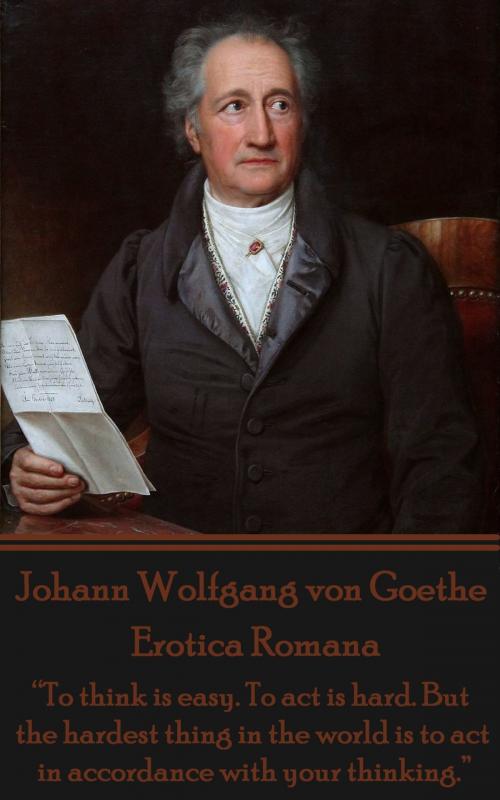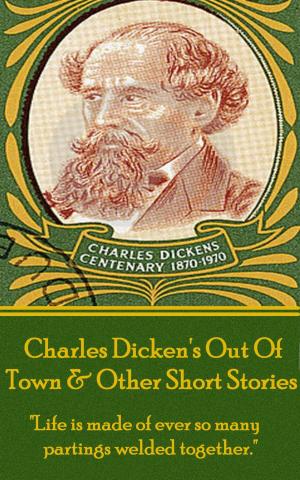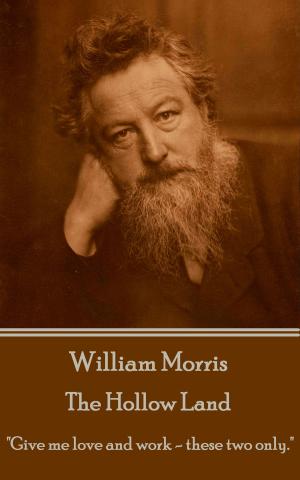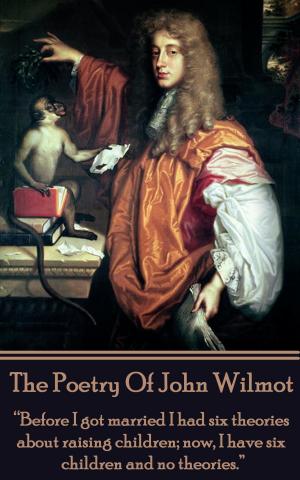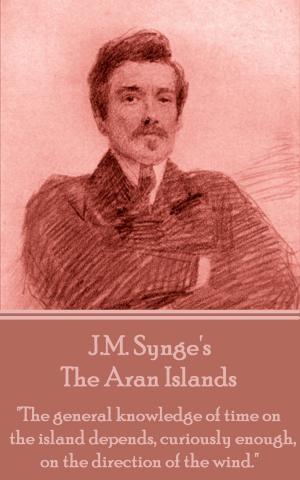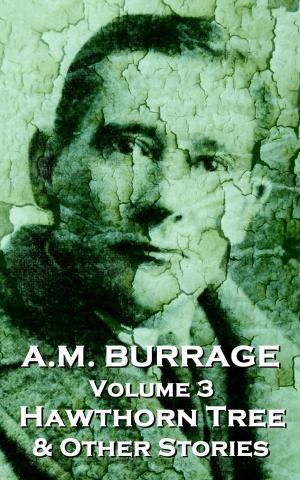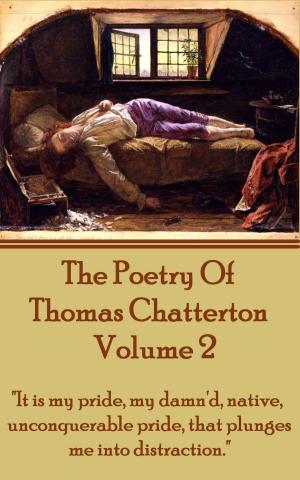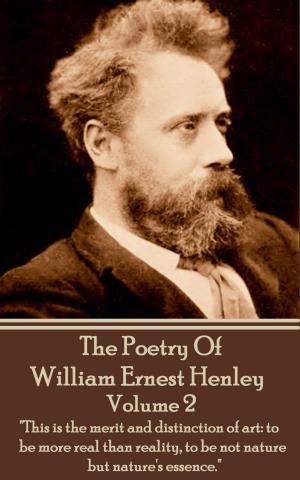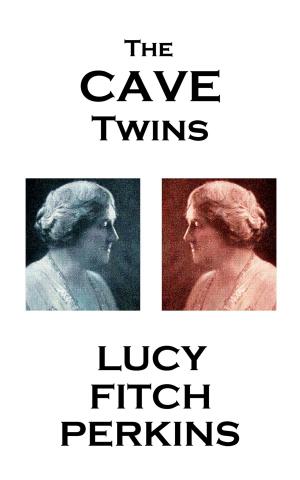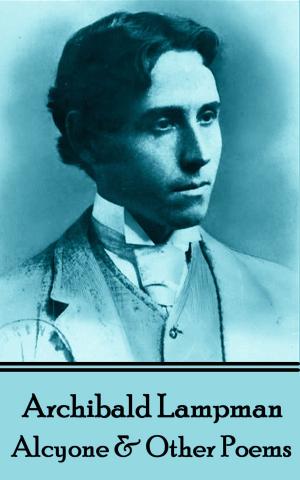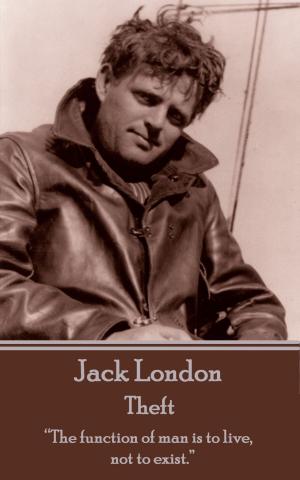| Author: | Johann Wolfgang Goethe | ISBN: | 9781783943104 |
| Publisher: | Deadtree Publishing | Publication: | February 2, 2015 |
| Imprint: | Portable Poetry | Language: | English |
| Author: | Johann Wolfgang Goethe |
| ISBN: | 9781783943104 |
| Publisher: | Deadtree Publishing |
| Publication: | February 2, 2015 |
| Imprint: | Portable Poetry |
| Language: | English |
Johann Wolfgang von Goethe was born on 28th August 1749 in Frankfurt, All of his siblings died at a young age except for his sister Cornelia and he was home schooled by his father and a range of tutors. He went to Leipzig to study law but preferred writing poetry. However, from these relatively unremarkable beginnings blossomed a remarkable life. Goethe became the most important cultural icon of his time. Whilst his influence is most closely seen in the arts, his life was spent also in politics as he spent many years with the Grand Duke at the Imperial Court with responsibility on commissions for roads, taxes and the Prussian war against the French which he fought in. Despite this he was later to support Napoleon against the Weimar Republic. His creative life made him, by 25, an artist of international renown with the publication of The Sorrows of Young Werther which became the first German international bestseller. A friendship with Schiller saw the establishment of a new form of German theatre. His two-part drama Faust remains lauded as one of the peaks of world literature and his other well-known literary works include his numerous poems, the Bildungsroman Wilhelm Meister's Apprenticeship. Goethe's works spanned not only the fields of poetry, drama and literature, but theology, humanism, and science. He was the originator of the concept of Weltliteratur ("world literature) and his impact on German philosophy is virtually immeasurable and his influence across many of these disciplines spread across Europe. George Eliot called him "Germany's greatest man of letters... and the last true polymath to walk the earth". Goethe died slumbering in his armchair on 22nd March 1832.
Johann Wolfgang von Goethe was born on 28th August 1749 in Frankfurt, All of his siblings died at a young age except for his sister Cornelia and he was home schooled by his father and a range of tutors. He went to Leipzig to study law but preferred writing poetry. However, from these relatively unremarkable beginnings blossomed a remarkable life. Goethe became the most important cultural icon of his time. Whilst his influence is most closely seen in the arts, his life was spent also in politics as he spent many years with the Grand Duke at the Imperial Court with responsibility on commissions for roads, taxes and the Prussian war against the French which he fought in. Despite this he was later to support Napoleon against the Weimar Republic. His creative life made him, by 25, an artist of international renown with the publication of The Sorrows of Young Werther which became the first German international bestseller. A friendship with Schiller saw the establishment of a new form of German theatre. His two-part drama Faust remains lauded as one of the peaks of world literature and his other well-known literary works include his numerous poems, the Bildungsroman Wilhelm Meister's Apprenticeship. Goethe's works spanned not only the fields of poetry, drama and literature, but theology, humanism, and science. He was the originator of the concept of Weltliteratur ("world literature) and his impact on German philosophy is virtually immeasurable and his influence across many of these disciplines spread across Europe. George Eliot called him "Germany's greatest man of letters... and the last true polymath to walk the earth". Goethe died slumbering in his armchair on 22nd March 1832.
